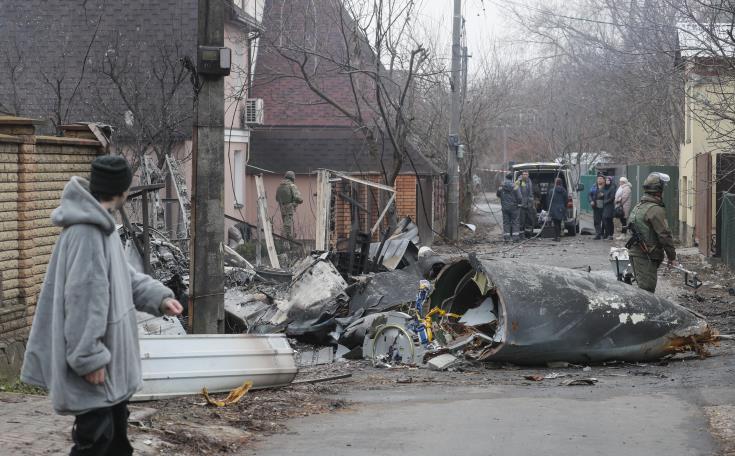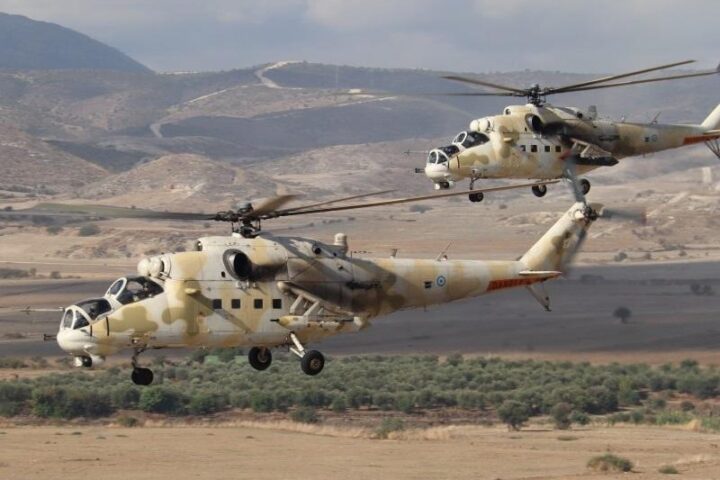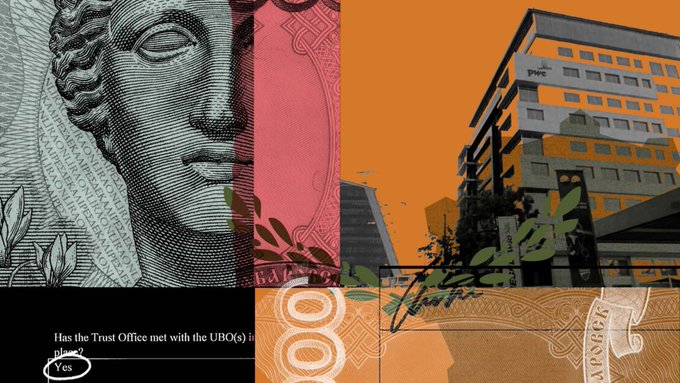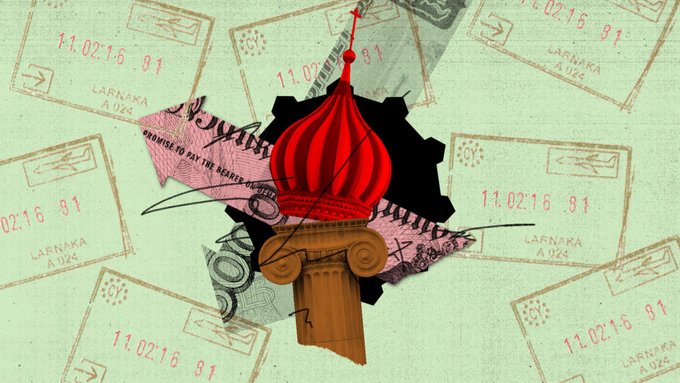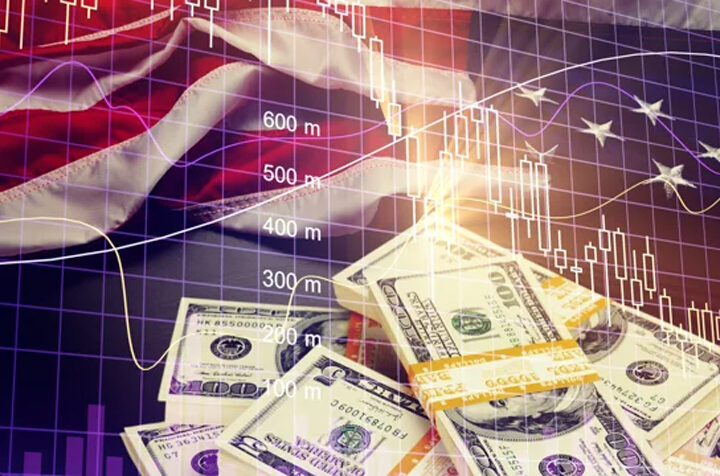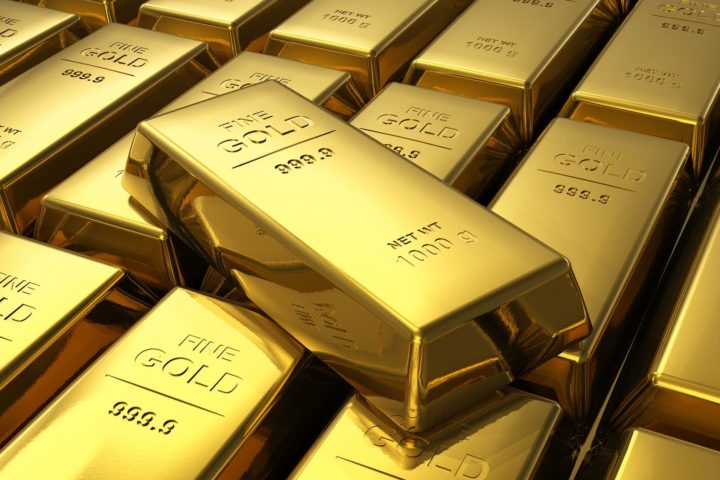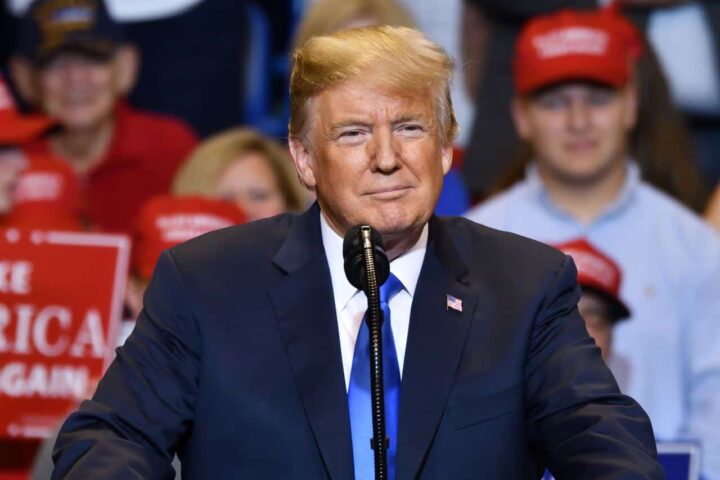Ukrainian forces fought off Russian invaders in the streets of the capital Kyiv on Friday as President Volodymyr Zelensky accused Moscow of targeting civilians and called for more international sanctions.
Pre-dawn blasts in Kyiv set off a second day of violence after Russian President Vladimir Putin defied Western warnings to unleash a full-scale invasion on Thursday that quickly claimed dozens of lives and displaced at least 100,000 people.
The United States and its allies responded with a barrage of sanctions, but the Russian forces looked to press home their advantage after a string of key strategic victories in their air and ground assault.
“Horrific Russian rocket strikes on Kyiv,” Ukrainian Foreign Minister Dmytro Kuleba posted on Twitter after the initial explosions were heard in the capital Friday morning.
“Last time our capital experienced anything like this was in 1941 when it was attacked by Nazi Germany.
“Ukraine defeated that evil and will defeat this one.”
Explosions and small arms fire
In Obolonsky, a northern district of Kyiv, pedestrians ran for safety, and small arms fire and explosions were heard.
Russian forces first arrived on the outskirts of Kyiv on Thursday when helicopter-borne troops assaulted an airfield just outside the city, close to Obolonsky.
The Ukrainian military said it had repulsed the attack on the Gostomel airbase, but Russian ground forces have also been pushing down the west bank of the Dnieper River from Belarus.
As Russian forces arrived in Obolonsky, the Ukrainian defence ministry urged civilians to resist.
“We urge citizens to inform us of troop movements, to make Molotov cocktails, and neutralise the enemy,” it said.
Ukraine says 137 people, including soldiers and civilians, have been killed since Russia attacked.
“Ukrainians are demonstrating heroism,” Zelensky said in a video message, accusing Russia of lying about striking only military targets and calling up conscripts and reservists nationwide.
After speaking to EU chief Ursula von der Leyen, he called for more sanctions, tweeting that “the pressure on Russia must increase”.
‘Better to die’
In the Ukrainian village of Starognativka near the frontline where separatists have faced off against Kyiv’s forces for years, official Volodymyr Veselkin said on Friday missiles had been raining down all morning, and the power was out.
“They are trying to wipe the village off the face of the earth,” he said.
Olena Kurilo was among 20 people wounded by flying shards of glass following a blast in the eastern Ukrainian town of Chuguiv on Thursday.
“Never, under any conditions, will I submit to Putin. It is better to die,” the 52-year-old teacher said, her face covered in bandages.
The UN’s refugee agency said late Thursday that some 100,000 were already displaced inside Ukraine, while thousands of others fled across the border.
Streams of people in cars and on foot were seen crossing into Hungary, Poland and Romania on Thursday.
Zelensky said there was now a “new iron curtain” between Russia and the rest of the world, adding later that his nation had been “left alone”.
“Who is ready to fight alongside us? I don’t see anyone.”
And while the United States moved to impose sanctions on Russian elites and banks, it stressed that American forces would not fight in Ukraine.
NATO said it had activated “defence plans” for allied countries but had no plan to send alliance forces into Ukraine.
War’ on all of Europe’
Among the highest-profile strategic developments on Thursday, Ukraine said Russian forces had seized the Chernobyl nuclear power plant — prompting concern from international nuclear watchdogs.
Zelensky called the attack on Chernobyl “a declaration of war on all of Europe”.
Russian ground forces moved into Ukraine on Thursday from the north, south and east.
In the capital, many residents fled their homes and took shelter in the city’s subway system.
Russia said Thursday its forces had “successfully completed” their objectives for the day, claiming to have destroyed over 70 Ukrainian military targets, including 11 airfields.
Western intelligence confirmed Moscow had established “complete air superiority” over Ukraine.
Sanctions
Weeks of diplomacy failed to deter Putin, who massed over 150,000 troops on Ukraine’s borders in what the West said was Europe’s biggest military build-up since World War II.
Western allies had initially imposed some sanctions on Russia in an effort to deter Putin, then followed through on Thursday with vows to heavily punish Russia economically.
US President Joe Biden announced export controls against Russia to cut off more than half of the country’s high-tech imports, alongside sanctions on Russian elites he called “corrupt billionaires”, and banks.
He will meet Friday with fellow NATO leaders in an extraordinary virtual summit to discuss the security situation in and around Ukraine.
The EU moved to impose “massive” sanctions on Russia’s energy and finance sectors.
French Foreign Minister Jean-Yves Le Drian accused Putin of trying to destroy Ukraine’s statehood.
“This is total war. Putin has decided… to take Ukraine off the map of nations,” Le Drian told France Inter radio.
British Foreign Secretary Liz Truss said the invasion was “barbaric, unjustified and shows a callous disregard for human life”.
The fighting also spooked global financial markets, with oil prices soaring past $100 and a surge in the price of wheat as Russia and Ukraine are two of the world’s largest producers.
Demonstrations across Europe
In a televised address, Putin justified the assault as a defence of the self-proclaimed Donetsk and Lugansk republics in eastern Ukraine.
The leaders of the two separatist territories asked Moscow for military help against Kyiv after Putin recognised their independence on Monday.
A conflict between the separatists and government forces has dragged on since 2014, killing more than 14,000 people.
Russia has also long demanded that Ukraine be forbidden from ever joining NATO and that US troops pull out from Eastern Europe.
Thousands of Russians defied tough anti-protest legislation to stage anti-war rallies across the country.
OVD-Info, which monitors arrests at opposition protests, said that more than 1,800 people in 59 cities had been detained across Russia.
By Dave CLARK and Dmytro GORSHKOV
© Agence France-Presse

